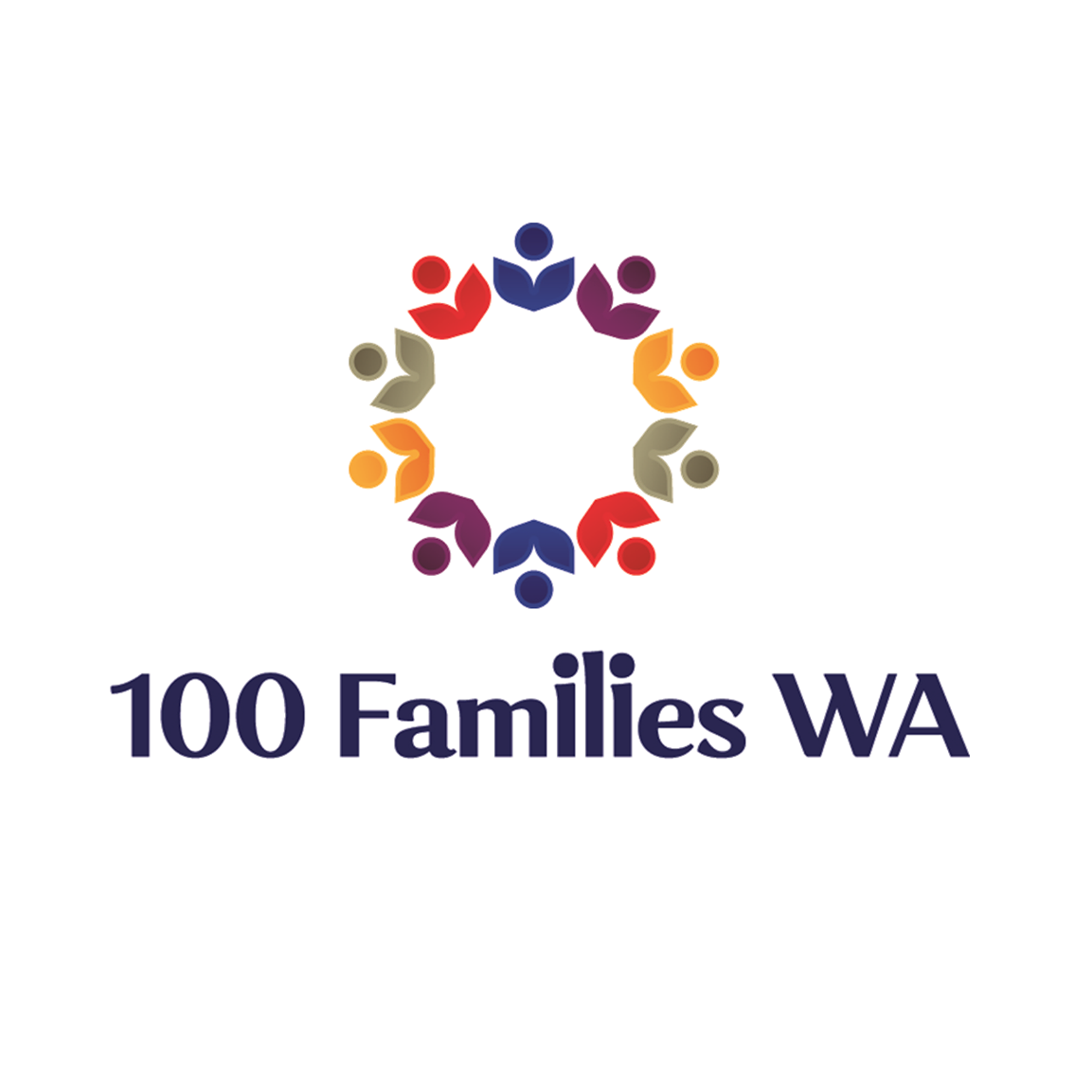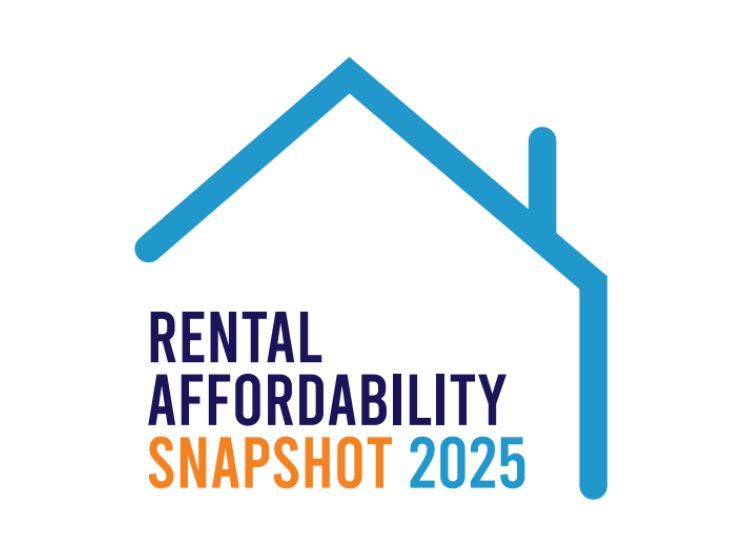
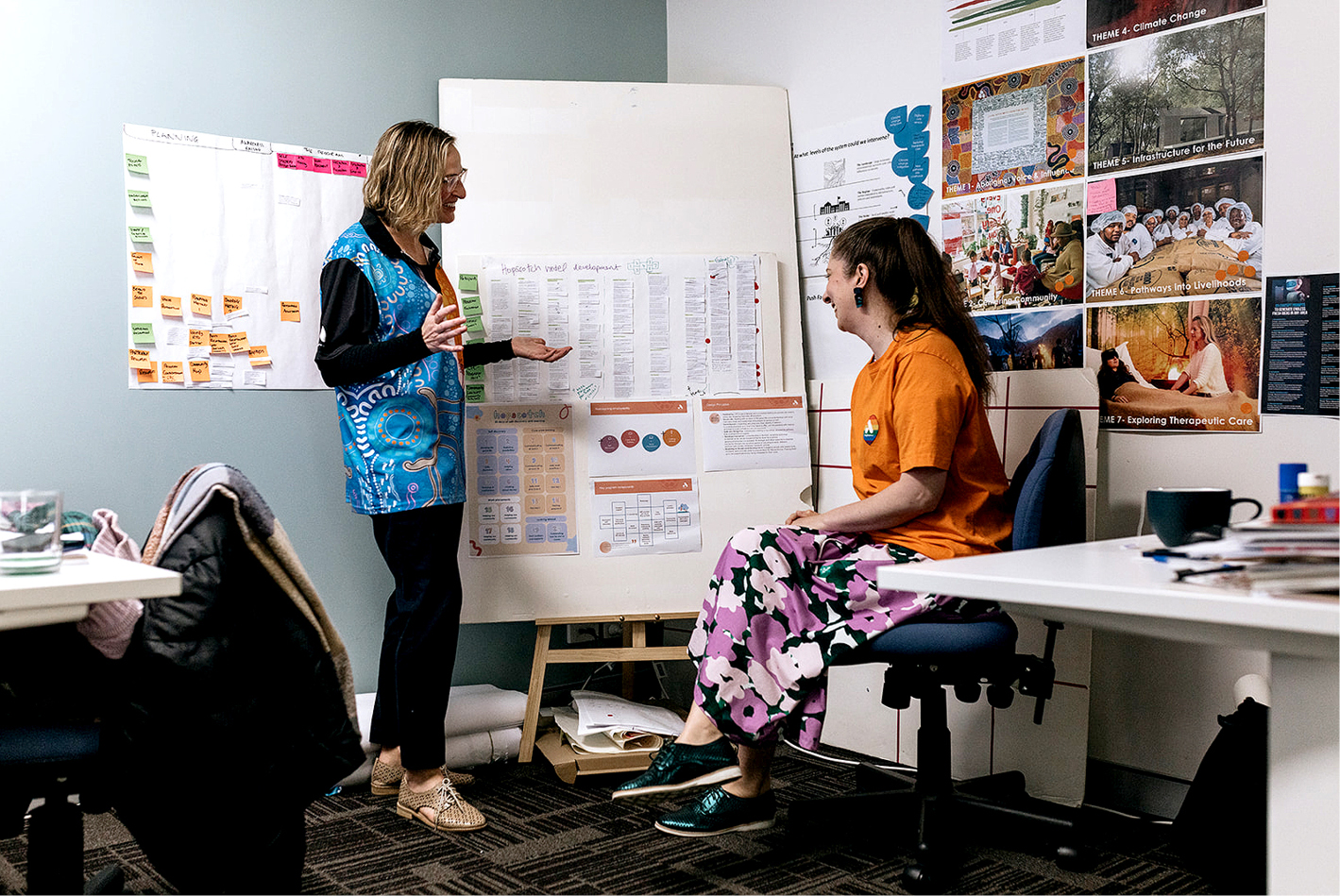
Leading the Way
Anglicare WA is dedicated to driving positive outcomes for individuals, families, and communities across Western Australia.
Our vision is to create a just and fair society where everyone can thrive. This commitment is reflected in our partnerships with academics and research institutes, which enable us to engage in high-quality research that informs our service delivery and contributes to policy solutions.
By collaborating with leading researchers and institutions, we ensure that our services are informed by the latest evidence and best practices. This research helps us to develop innovative solutions and contribute to policy changes that address the root causes of disadvantage.
Read Our Research Reports
Explore our latest findings to see how research is shaping a stronger, more inclusive WA.


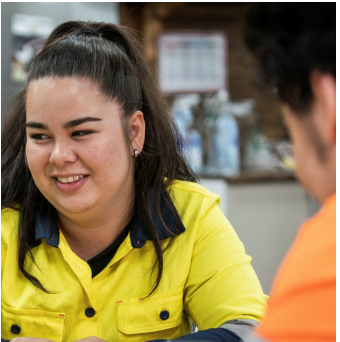.png?language=en)
.png?language=en)
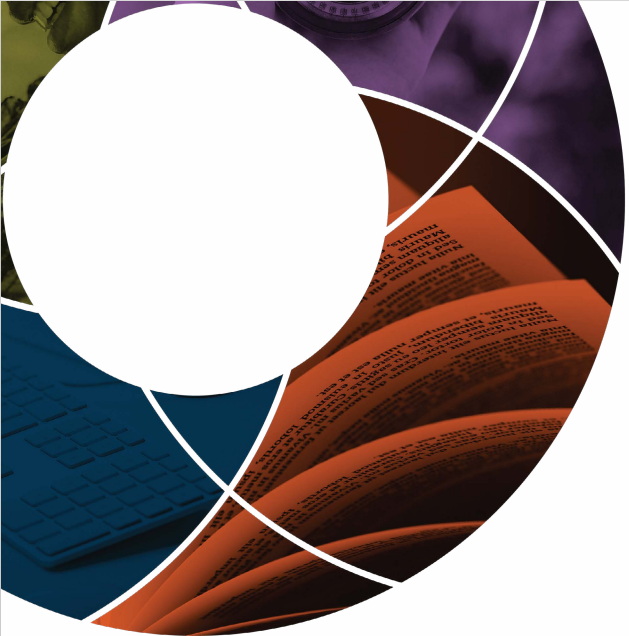.png?language=en)
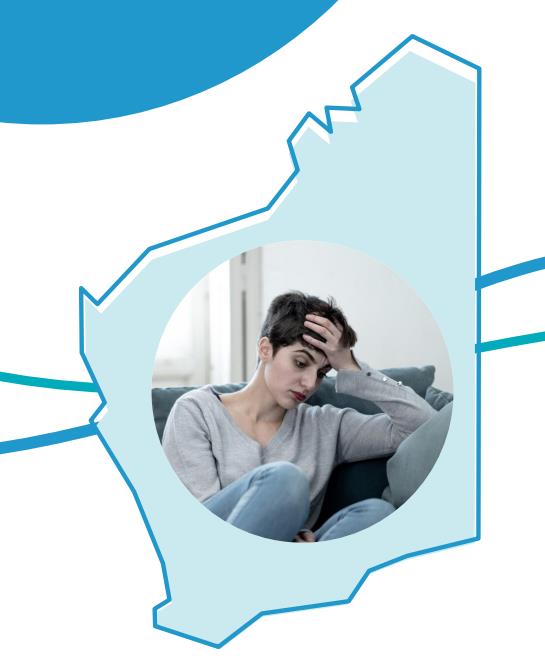.jpg?language=en)
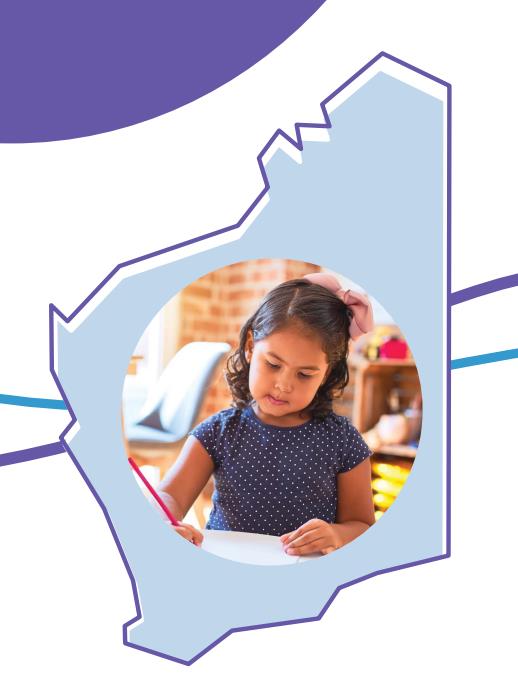.jpg?language=en)
